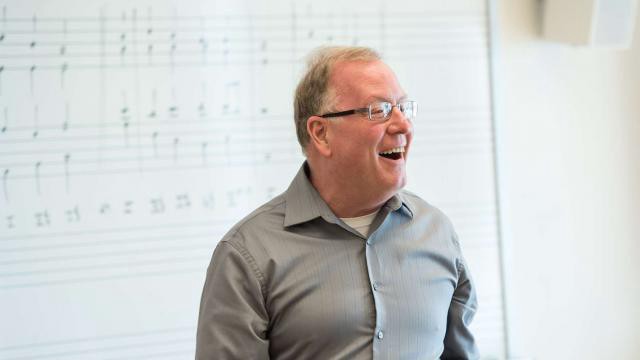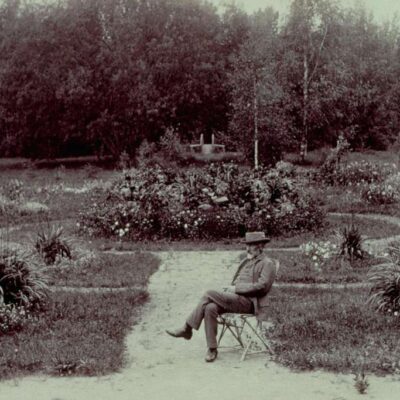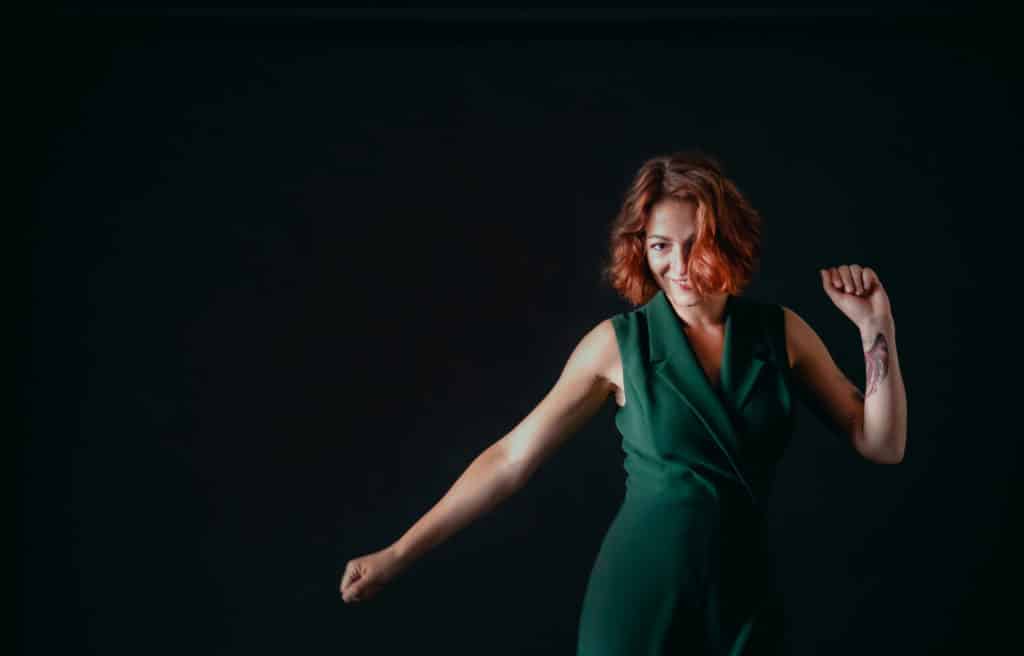
Austrian-Romanian pianist Maria Radutu, soloist in February’s CHOPIN IN PARIS concerts, talks about moving from Romania to Vienna at age 14, and plotting a similar path to artistic freedom in later life. (And plot twist: A snoring dog disrupts an important performance.)
Can you tell us a little about yourself?
I was born in Bucharest, Romania, and lived my first years under the Communist regime. After the revolution, the times went by very fast: Romania quickly transformed to join the Western world. Sometimes, compared to people of the same age, I feel like my childhood was from an older generation, but I had the chance to catch up: at the age of 14, I moved to Vienna (where I still live) to attend the Music University. Thanks to the music high school I attended in parallel with being a university student, Vienna became my hometown… So I would say I am a Viennese Romanian.
Do you come from a musical family?
No, my brother and I were the first to study arts. My mother’s side of the family worked in education and my father was a mathematician. My mother always says that she has no idea about classical music, but that is not true. I estimate that she goes to around 50 concerts per season and she always knows if a concert is exciting or not, if it is a good composition, if the interpretation is convincing and emotional. Maybe she doesn’t have the words of a music critic, but she has an even more open emotional response.
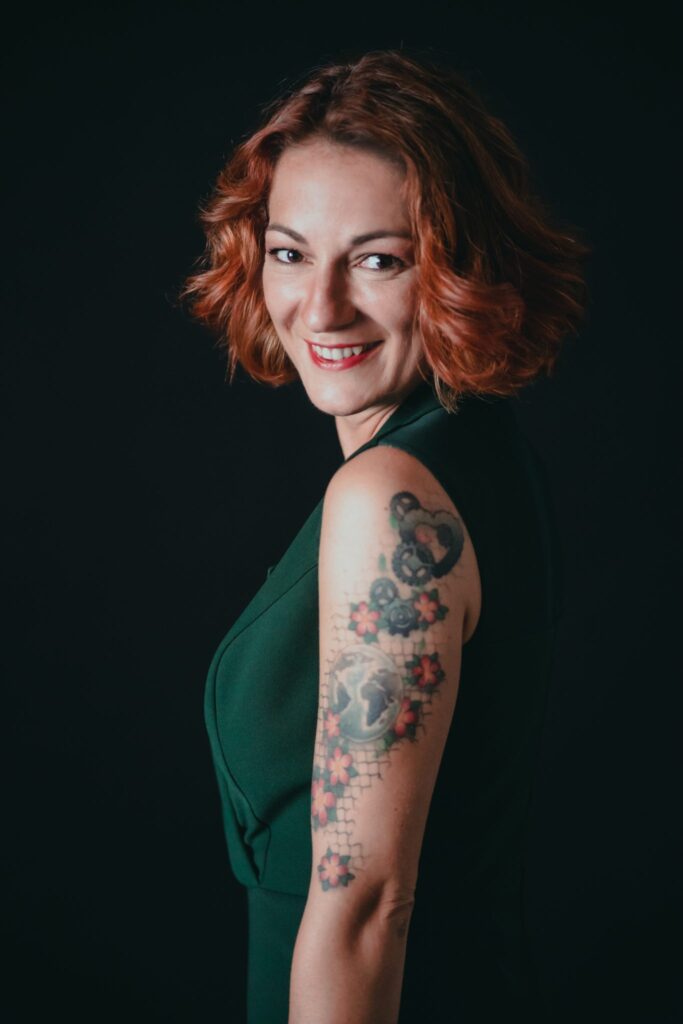
When did you realize you wanted to become a professional musician?
That’s a hard one. Probably as a child, while I was still not afraid of being on stage and really enjoyed it. But at some point, I realized that pianists are so alone, not like other instrumentalists who can opt for an orchestra position. This was a shock for me, and I started doubting my choice of instrument.
When I came to Vienna, the pressure of this profession being my only chance for a future (which was not true, that’s how it felt) didn’t help, and I had some difficult years. I found my way back to consciously wanting to be a musician after I graduated.
Being liberated from what I had learned I wasn’t allowed to do or play or feel about music, I have found my own creativity through programming my first festival and CD albums. I am deeply thankful to my professors from the University for what they taught me, but I started seeing myself as an artist after the years of study.
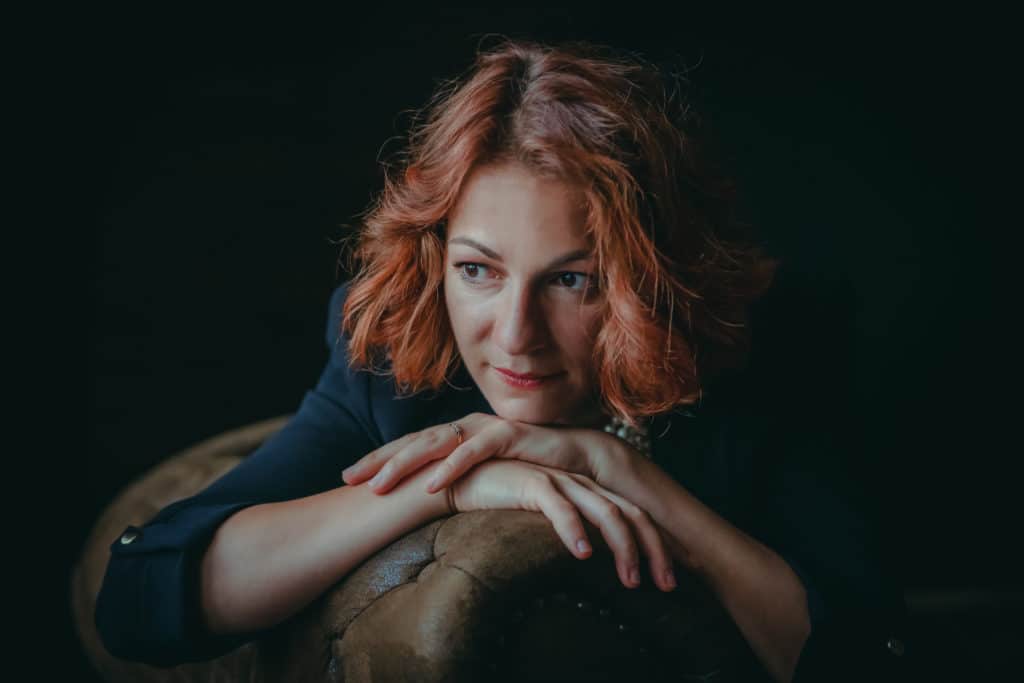
This program features three composers (Joseph Bologne, Frédéric Chopin, and César Franck) who were all born in different countries (Guadeloupe, Poland, and Belgium, respectively) and who left their home countries and headed to Paris to seek fame and fortune. You also left your home in Bucharest at a young age to pursue a career in music. Can you tell us a little about your migration story? How has it influenced your music and who you are today?
Who am I today? Another hard one. ? Leaving your home country at an early age makes you feel incomplete in both countries. You are not 100% where you landed because you don’t have the collective memories of the new country, but you are not 100% at home in the country you left either, because you are stuck in the moment you left. After a while, with good friends on your side, you start realizing that the experience of both cultures you lived is together adds up to more than 100% – so you are not incomplete, just a little different. I still wouldn’t compare my experience with any of the three composers, because globalization brings countries closer to each other – with good and bad consequences.
Anyone who’s ever taken a piano lesson will be familiar with Chopin’s solo compositions for piano but few may have heard his music for piano and orchestra. Can you talk a little about what our audience can expect in his Piano Concerto No. 1?
A lot of emotions! I believe Chopin’s music is so wonderful because it leaves a lot of space to improvise. Not in the usual form of improvisation (with rhythm or harmony), but with the agogic* and dynamic flow of the music. It feels for me like an elastic band that you are free to pull and release, but never rip. It can be very boring if you don’t play with this flexibility. I call it improvisation, because for me, in Chopin’s music, what comes in the next moment is a result of what happens now. When you play a note on the piano, you cannot change the dynamic anymore and the next one must follow on from the one before. I know in advance how I feel about every phrase, but the exact details of dynamic and tempo come in the moment of the performance. This makes his Concertos very difficult to conduct, but I love shaping this music together with the conductor – it is my duty to play freely, but never to rip that band.
* Agogic: Relating to an accent produced by lengthening the time value of a note.
This is your second visit to California Symphony after your 2017 debut, when you performed Mozart’s Piano Concerto No. 23. Any memories you’d like to share from that visit / any message for our patrons?
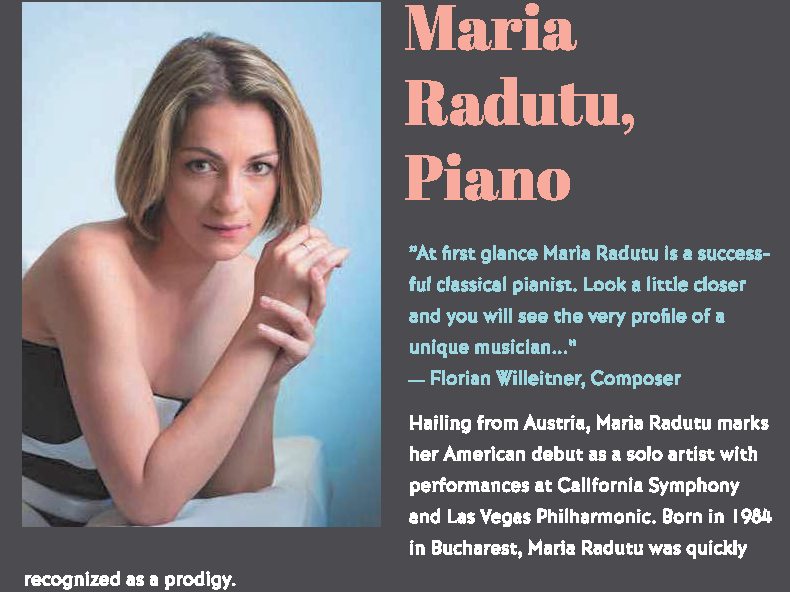
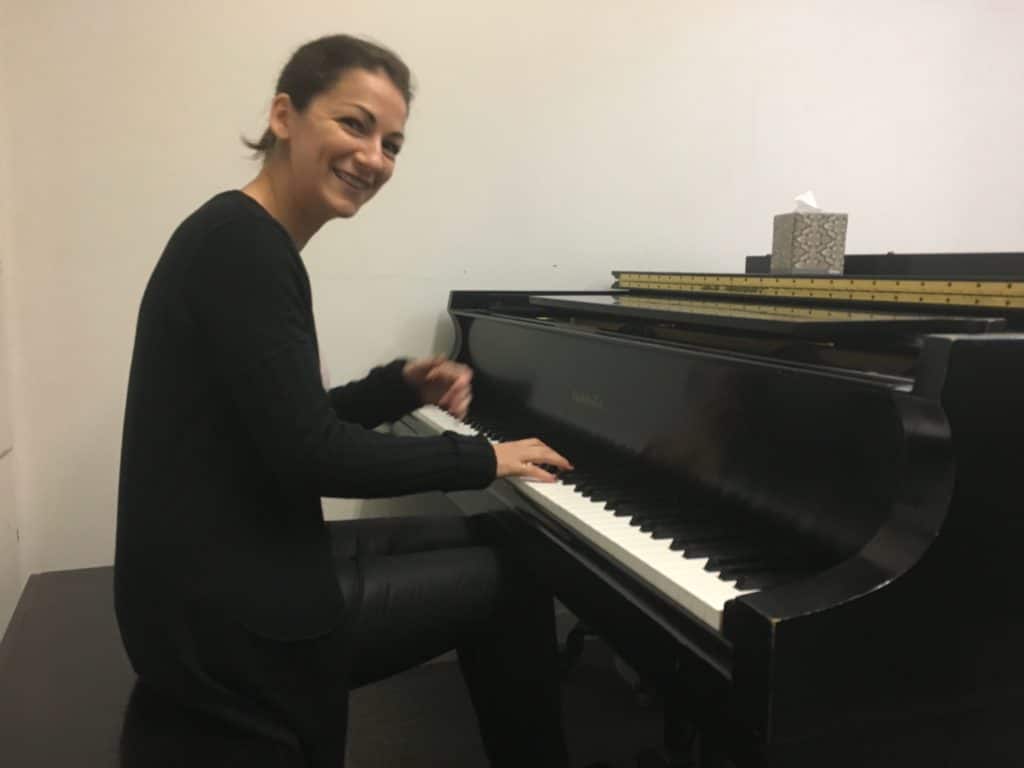
I remember a lot of things: the wonderful Steinway, how welcoming the orchestra was, how much it felt like performing “together” and eating my first taco with Donato! ?
And I remember playing an encore by Mikael Karlsson, a piece that he wrote as a finale for an amazing ballet I was grateful to play the piano solo part at the Vienna State Opera. It was a great and complex show that ended in a very intimate way with that finale, only the solo dancer and the piano.
I told the story on stage and asked the audience to close their eyes and “see” the dancer. A woman from the audience came to me and I loved her reaction. She told me that she did it, but she saw a beautiful pair of dancers on ice! This is for me the most important thing in music performance: through my interpretation, I want to open a door for the audience to explore their own imaginations, their own emotions.
In live performance, things don’t always go to plan. What’s the strangest thing that’s happened to you on stage?
It was during my study at the University: I was playing a very difficult sonata by Julius Reubke. In the middle of the piece, during a pianissimo part, I heard someone snoring loudly. I wondered how boring my playing must have been that one can fall asleep during such a virtuoso piece – but it was an assistance dog.
Maria Radutu performs Chopin’s Piano Concerto No. 1 at the California Symphony’s CHOPIN IN PARIS, February 4 and 5 at the Lesher Center for the Arts in Walnut Creek. Tickets are $49-$79 ($20 for students 25 and under), available online or through the Lesher Center Ticket Office at 925.943.7469.

